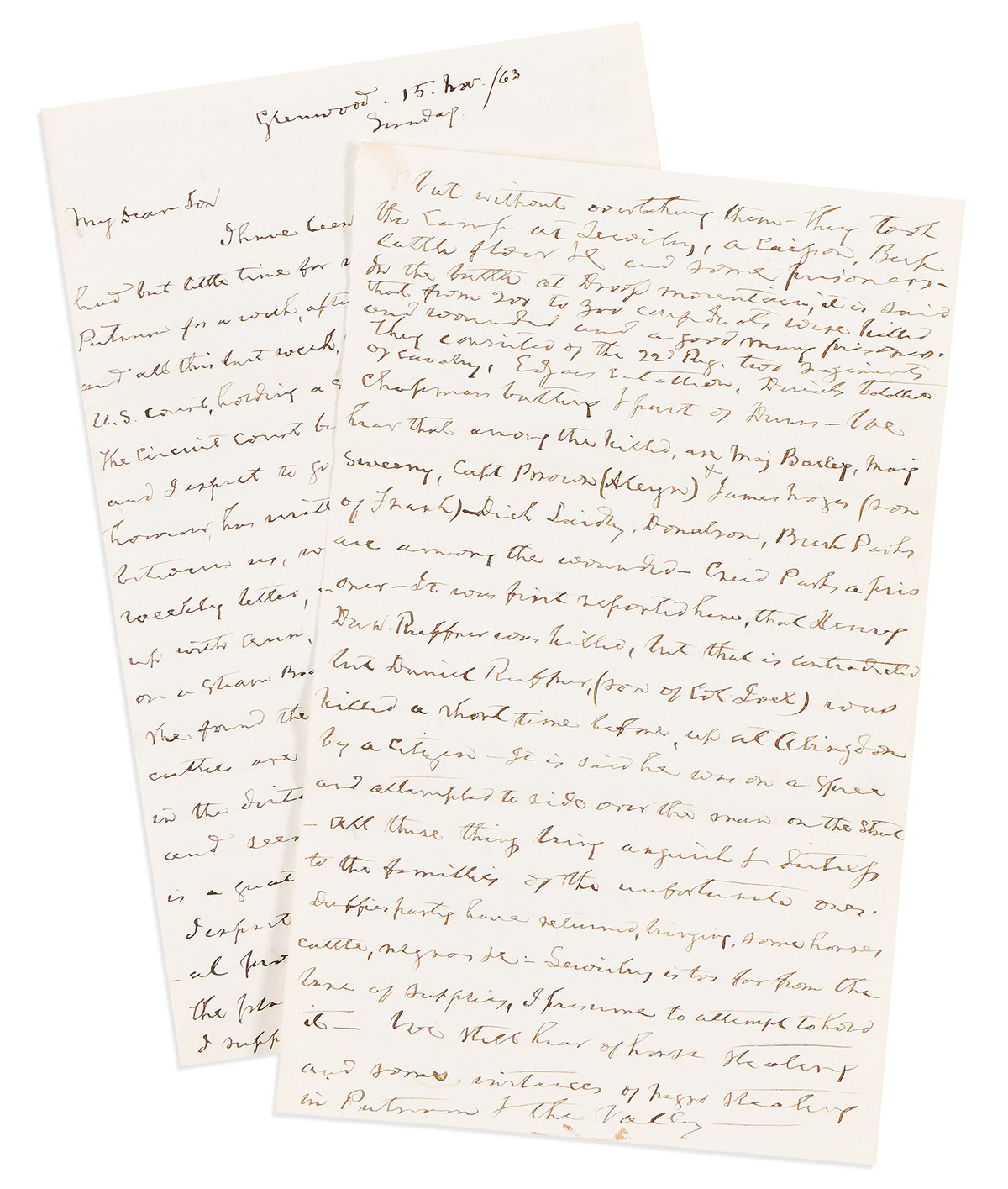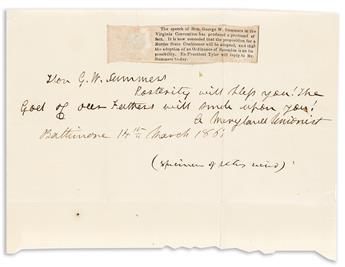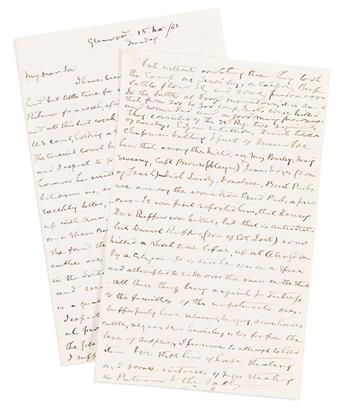Sale 2708 - Lot 80
Estimate: $ 3,000 - $ 4,000
Additional Details
Also in This Catalogue
-

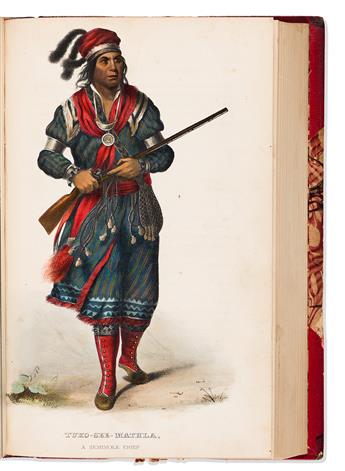 Lot 3(AMERICAN INDIANS.) Thomas McKenney and James Hall. History of the Indian Tribes of North America.Estimate $3,000 - $ 4,000
Lot 3(AMERICAN INDIANS.) Thomas McKenney and James Hall. History of the Indian Tribes of North America.Estimate $3,000 - $ 4,000 -

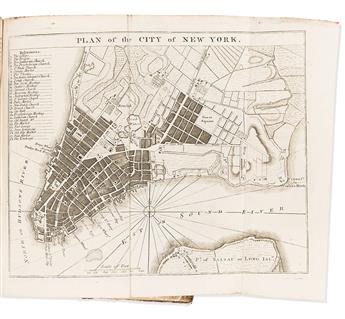 Lot 14(AMERICAN REVOLUTION--1776.) "The Lottery Magazine" with an early British printing of the Declaration of Independence,Estimate $3,000 - $ 4,000
Lot 14(AMERICAN REVOLUTION--1776.) "The Lottery Magazine" with an early British printing of the Declaration of Independence,Estimate $3,000 - $ 4,000 -

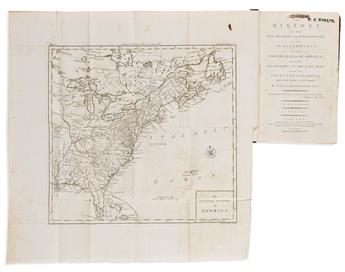 Lot 18(AMERICAN REVOLUTION--HISTORY.) William Gordon. The History of the Rise, Progress, and Establishment of the . . . United States.Estimate $3,000 - $ 4,000
Lot 18(AMERICAN REVOLUTION--HISTORY.) William Gordon. The History of the Rise, Progress, and Establishment of the . . . United States.Estimate $3,000 - $ 4,000



